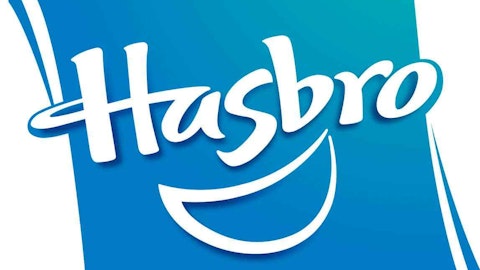Shareholders of Netflix, Inc. (NASDAQ:NFLX) were treated to a pleasant surprise on January 23, when the company reported fiscal fourth-quarter and full-year financial results. The company turned a profit of 13 cents per share, a shock to many as analyst expectations were for a loss of the same amount. Upon releasing results, shares of Netflix soared after-hours—and haven’t stopped rising since then. I’ve used Netflix’s services before and I enjoy the company’s services. However, at its current valuation, I can’t join the sense of euphoria in the wake of the company’s results.

On the plus side, Netflix reported revenues of $945 million during the quarter, which also beat analyst expectations. The company’s first quarter earnings guidance was also received positively, with the company projecting earnings per share in a range of zero to 23 cents per share. Expectations for the first quarter were for a loss of 7 cents per share.
While these numbers were better than expectations, I’m a value investor in the classic sense. I don’t want to pay too much for a company’s earnings, no matter what the market reaction might be. The market cheered Netflix’s results and sent the stock soaring, but valuation still matters (which I’ll get to later). On the other hand, Netflix’s peers Time Warner Inc. (NYSE:TWX) and The Walt Disney Company (NYSE:DIS) trade for much more reasonable multiples. Time Warner and Disney trade for trailing price-to-earnings ratios of 18 and 17.5, respectively.
In addition, both Time Warner and Disney offer their investors a dividend. Disney has raised its dividend 16% compounded annually over the last five years. Likewise, Time Warner increased its dividend 11% when it released results on February 6, and now yields 2.2%. In addition, the company authorized a new $4 billion stock buyback program.
Investors were also pleased with Netflix’s rate of subscriber growth. Netflix announced that it expanded its number of U.S.-based subscribers by 2.05 million during the quarter and 5.48 million during 2012. Netflix now has more than 27 million subscribers in the United States and more than 6 million international subscribers. Netflix has done a solid job gaining subscribers, but Time Warner CEO Jeff Bewkes was quick to point out on his conference call that his company’s HBO premium channel has 114 million subscribers globally, which is about four times Netflix’s subscriber base.
The Bottom Line
Since Netflix released earnings, the stock has soared from under $100 per share to its current level north of $180 per share. The company now enjoys a market capitalization of over $10 billion. These numbers are certainly exciting, but a dose of perspective is needed here: the company earned exactly 31 cents per share in fiscal 2012. That means the company is trading at a trailing price-to-earnings ratio of 580 times. But surely, Netflix bulls will contend, the company is on the precipice of spectacular growth that will expand the “E” in the formula to therefore shrink the multiple to more acceptable levels.





